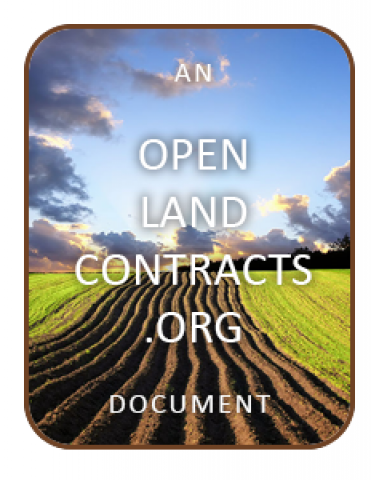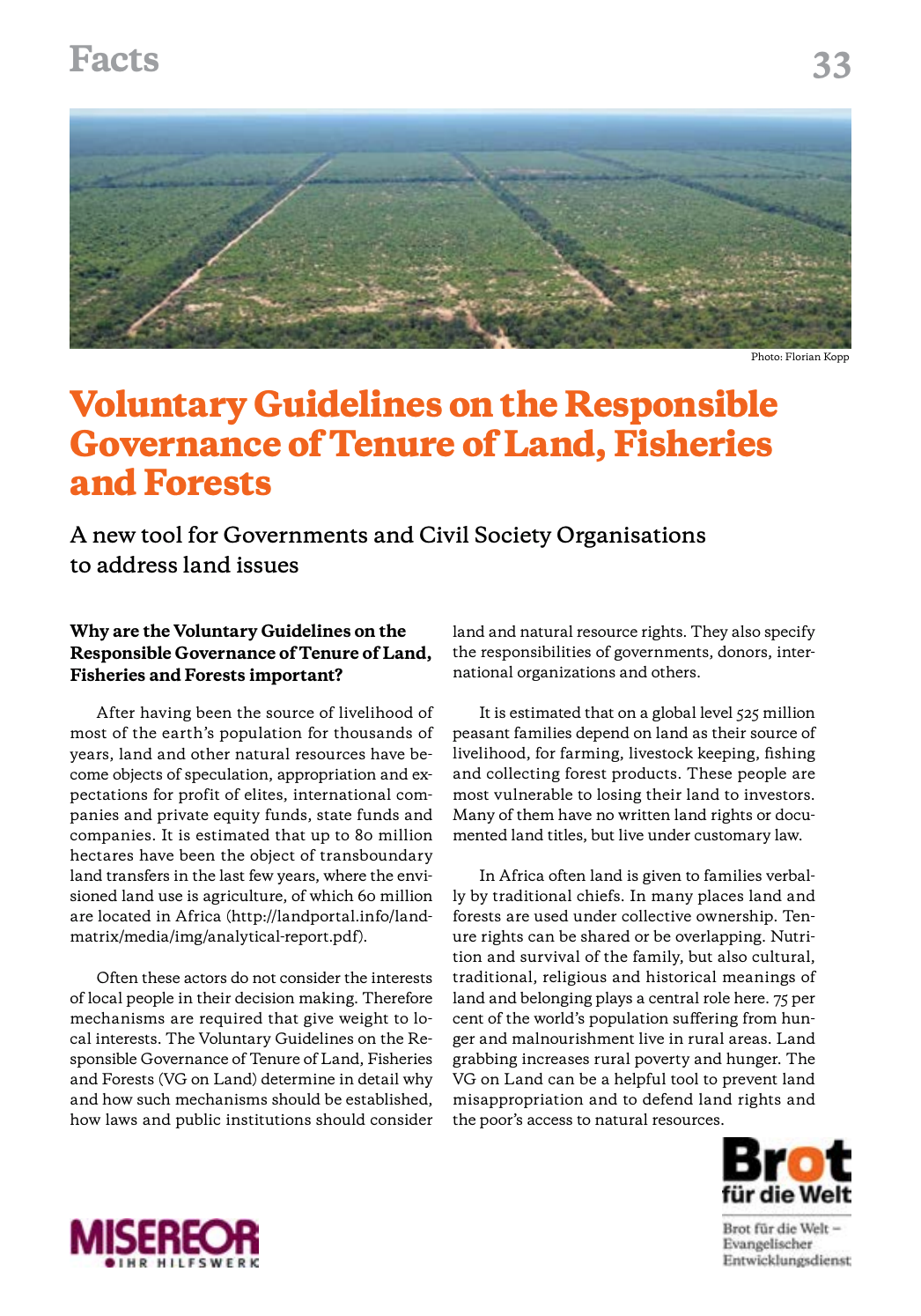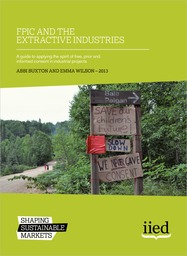Diversion of forest land and Compensatory Afforestation
Audit of Forestland diversion and Compensatory afforestation by Comptroller and Auditor General of India. The report provides information on forest land diverted for non-forest use, land diverted for compensatory afforestation, use of funds with identification of gaps and suggestion of corrective measures.







